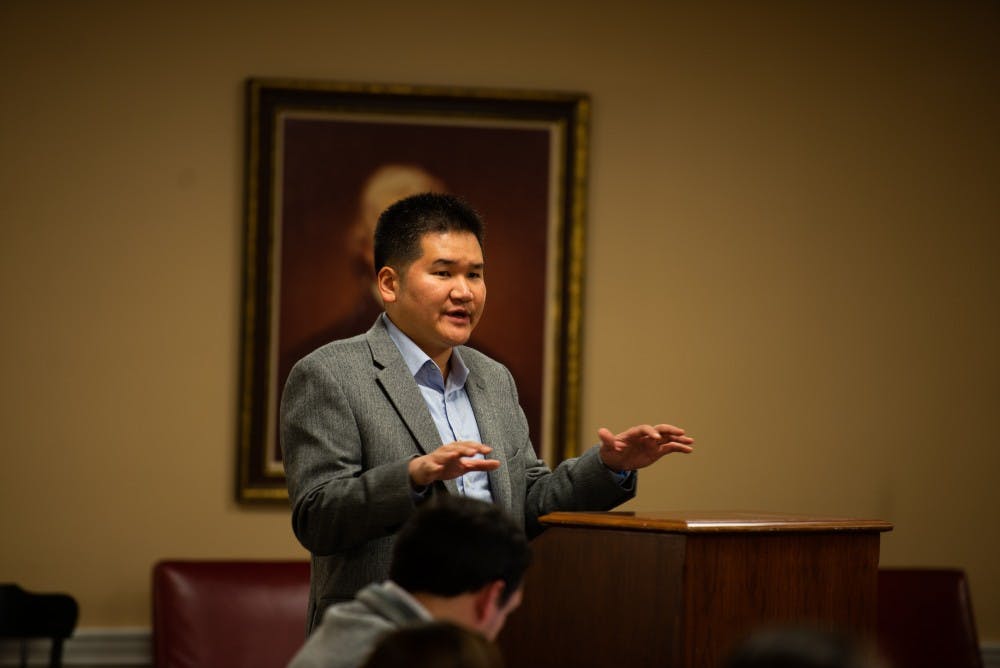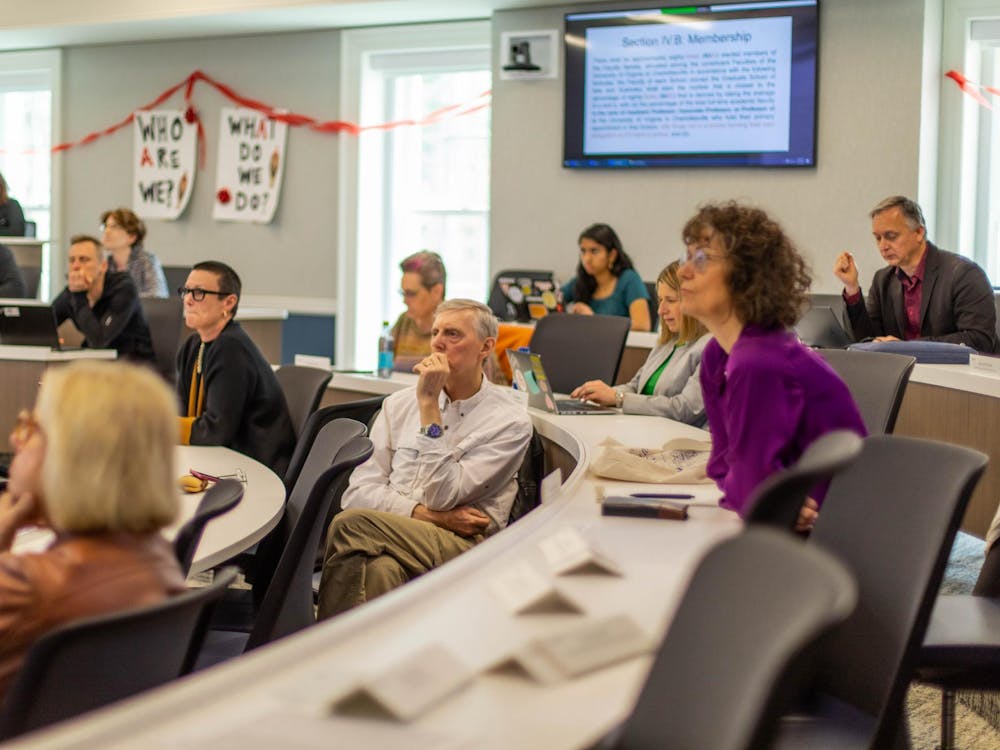At the Honor Committee meeting Sunday, Inki Kim, an assistant systems and information engineering professor, expressed concerns over the effects of the Informed Retraction on international students.
The Informed Retraction allows a student who was accused of an Honor offense to plead guilty, admit to the offense and take a two-semester leave of absence from the University to avoid expulsion.
Under the current rules, international students are subject to the same treatment as domestic students — two semesters of mandatory leave of absence from the University — despite having to comply with separate visa restrictions. According to Kim, this can have a drastic effect on graduate students working on time-sensitive grants.
“What is likely to happen when a student under IR comes back after one year … the work of review will become obsolete, the research will be taken up by other students,” Kim said. “Even if they desperately hope to come back to U.Va. after two semesters of leave, visas and other status documents are highly likely to hold them back.”
Kim proposed that the Honor Committee include the department faculty members associated with an accused student’s offense in the sanctioning decision discussion, rather than defaulting on the current two-semester leave policy to allow for punishment to be considered on a more case-by-case basis.
“My suggestion is that instead of fixed term probation — two semester leave — you could put it to discussion with particular department, the people that are involved, and they can decide what could be a reasonable amount of penalty instead of a two-semester fixed term,” Kim said. “It has different consequences for different people.”
Yet another limiting factor, according to Kim, is the financial burden on international students to study at the University. International students do not typically qualify for federally-subsidized financial aid in the U.S., unless they are considered eligible “non-citizens,” including green-card holders and refugees.
As a result, some international students may have difficulty in securing funding for attending college in the U.S. because most public and private sources for loans are either denied to international students or are highly-restrictive. For example, some international student loans may require a U.S-based co-signer to apply for a loan or impose higher interest rates than traditional student loans.
“There is no guarantee that the student will be able to secure as much funding as they used to,” Kim said. “The student loans burden these students and their families at least four times higher than students from the U.S.”
According to Kim, the decision of the Committee regarding IR could be “potentially career-changing” for international students.
In addition to hearing Kim’s comments, the Committee passed changes to the Contributory Mental Disorder procedures to match the bylaws changes passed in the previous weeks. The procedures are the technical instructions for how the Committee enacts the bylaws.
The procedural changes will take effect Oct. 29, at the same time as the changes to the bylaws. They are also subject to the same sunset clause as the bylaws, where they will revert back to their original wording March 3, 2019 if the Committee does not re-approve the changes.







